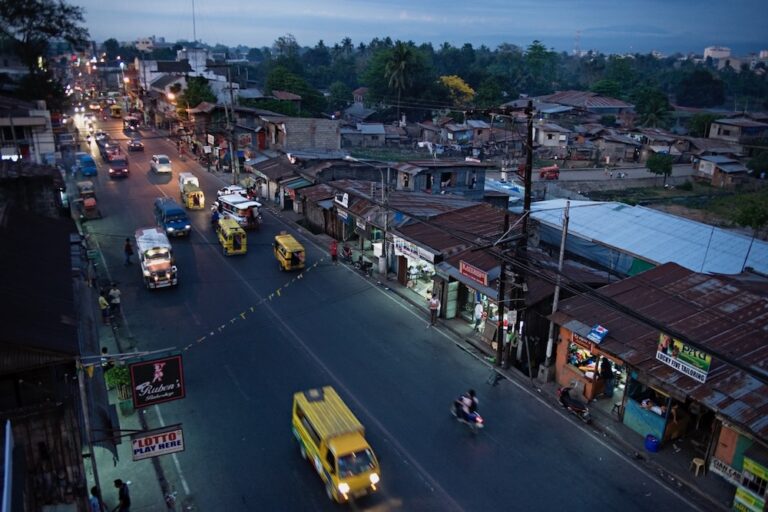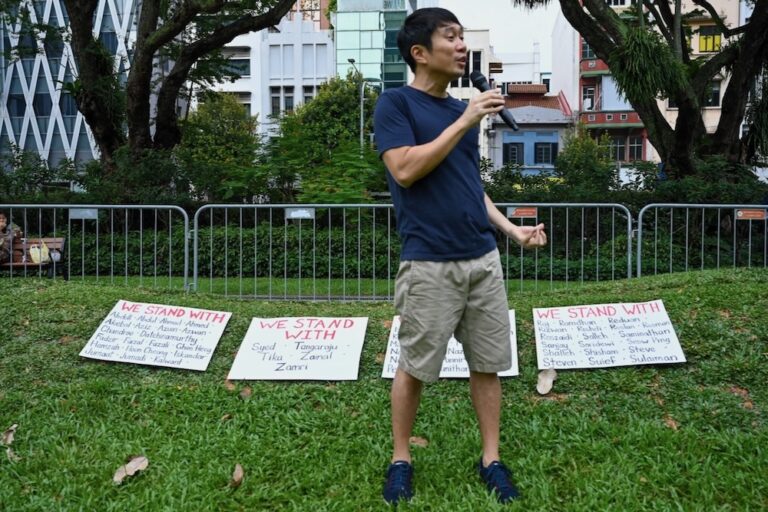The end result of the project will be a publication that will serve not only as a resource for journalists, academics and civil society organisations, but as a reminder to governments of the region of the importance of freedom of information.
(SEAPA/IFEX) – Bangkok, Thailand – 12 October 2011 – The extent to which access to information can be considered ‘free’ is a key element in overall freedom of expression and press freedom. Not only is the ability to access government information in a timely and consistent manner crucial to comprehensive and accurate reporting, but it is the people’s right to have access to this information in order to ensure transparency and good governance.
The Southeast Asian Press Alliance (SEAPA) is currently coordinating the research project on the state of Freedom of Information (FOI) in Southeast Asia with the Philippine Centre for Investigative Journalism (PCIJ). Researchers represent the academia, media freedom groups and institutes from the region, who have done work on promoting access to information in their respective countries. Our team of researchers convened over a two-day period on the 29th and 30th of September in Bangkok to discuss a common methodology and platform from which to proceed. The end result will be a publication which SEAPA hopes will serve not only as a resource for journalists, academics, and civil society organisations, but as a reminder to the governments of the region of the importance of freedom of information, and an accurate assessment of their own achievements.
Of the Southeast Asian countries, only Indonesia and Thailand, as well as the opposition-ruled state of Selangor within Malaysia, have enacted laws attempting to guarantee access to information. Provisions within a country’s press law for access to information, such as those which exist in Cambodia and Laos, are insufficient to guarantee the right of the people. The same can be said of recognition of FOI in a nation’s constitution, as is the case in the Philippines. Other countries such as Vietnam have drafted or are attempting to draft legislation; others have no legal provision for access to information whatsoever.
Where laws have been enacted, there is often a gap between theory and practice, or between recognition and implementation. Common issues that result in lack of access to information include insufficient funding and lack of public awareness. Lengthy waiting periods for requests for information also render the process almost irrelevant for media, which operate on tight deadlines and a hectic publishing schedule.
In some countries, access to information is treated as a privilege, not a right. Requests have been denied without justification and without recourse to appeal. In some cases, information is withheld from those not deemed to have a valid interest in the situation in question. For information to be truly free, it should be digitised and made accessible by the government of its own volition, not because of pressure from its citizenry.
The FOI research process will be conducted over several months and with participation by civil society groups, journalists, and government agencies. The plan is to cover all the countries in the region in phases, with an initial focus on Indonesia, Thailand, Philippines, Malaysia, Vietnam and Cambodia. Our team of researchers will meet periodically, accompanied by forums on the subject, which will be open to the wider public.
This project is supported by Sida, the Open Society Foundations and UNESCO.


